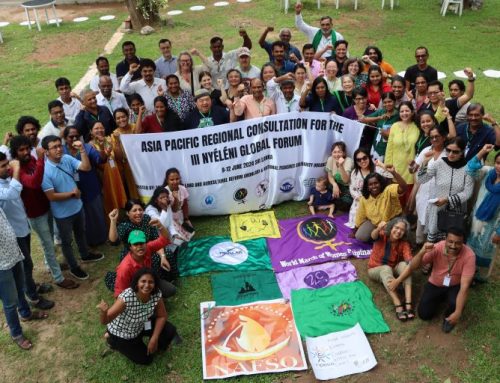Recent research by University of Technology, Sydney (UTS) researchers shows that future scarcity of the element phosphorus (known as ‘P’) will be a major threat to food security and a potential source of conflict.
Presenting this research at the Australian Fertilizer Industry Conference 2010 on the Gold Coast today, Professor Stuart White, Director of the Institute for Sustainable Futures at UTS, said that unless further attention is paid to the issue of P scarcity, we risk a global ‘hard landing’ as demand outstrips production in less than 25 years.
The research was conducted as part of a CSIRO-university collaboration and concludes that the world resources of phosphate rock, concentrated in Western Sahara and in China, will not be sufficient to keep up with growing demand as a result of changing diets, increasing population and increasing biofuels production.
We will need to dramatically improve the efficiency of use of P if we are to have a ‘soft landing’ to avoid significant fertiliser and food price volatility,” Professor White said.
This means many things: eating smarter, fertilising smarter, growing crops smarter, recycling nutrients and reducing waste at every point in the cycle of fertiliser use.
Globally, changing diets is one of the biggest issues. The planet can’t afford us all to eat like Australians and Americans, with high consumption of animal products which use more than two and half times more P for the same output as plant-based products.
In Australia, where the majority of food is exported, the answer lies in improving the efficiency of the use of P in agriculture, getting greater yield from stored P in soils and reducing application. This is the focus of much of the current research, and while there are promising signs, there is a long way to go.
In cities, capturing and reusing human waste, especially urine, can help in completing the nutrient cycle.”
Download the draft research report here.




